Five years ago, British influencer Oli London began attracting media attention after appearing on a television show called “Hooked On The Look,” which showed the process of him receiving over 30 cosmetic surgeries to resemble Jimin from the K-pop boy band BTS.
Netizens questioned and criticized London’s actions after receiving surgery:
“When you love a culture, it is its people and [the] country, not making a mockery of it and [devaluing] it into some surgeries,” someone who goes by the screen name, malbs6643, wrote under a YouTube video.
“Dude should spend his money on a tutor to learn Korean if he really ‘respects’ them so much,” user jackburton2148 commented under the same video.
However, London isn’t the only one obsessed with immersing himself in Korean pop culture.
Katie Aegi is another infamous Koreaboo — a term used to describe a person who is obsessed with Korean culture — who went viral for attempting to act Korean and creating social media accounts with fake Korean names.
Since the last decade, South Korean artists, musicians, filmmakers and the like have spread their influence on the music (K-pop), beauty (Korean skincare like COSRX) and movies (“Parasite”) beyond Asia. Those like London exemplify the negative effects of the globalization of South Korean pop culture.
“There is much more to one’s racial identity than physical appearance — it’s also about culture, community, connection and even trauma,” professors Braden Hill and Stevie Lane wrote in a July 2021 The Conversation article about London’s coming out as transracial, meaning he claims to identify as a different race than the one associated with his own biological ancestry.
The recent controversy surrounding London shows that some people think it’s a choice that people can make, dehumanizing all races and their identities.
Rather than blindly worshipping the culture, it is important to realize that Korea has its own societal issues and draw the line at appreciating its unique entertainment industry.
In the past, many nations benefited from the diversity that resulted from the integration of South Korean influence. According to the Modern Language Association, U.S. college student enrollment in Korean language classes increased 78% from 2009-2016. As this was the period of time when K-pop started amassing fame in the U.S., interest in the language and music industry skyrocketed.
K-pop helped the world develop a greater appreciation for South Korean culture through the increase of consumerism and tourism, but it also caused people to fetishize those in the industry, according to a March 2021 Pepperdine Graphic article.
“There are numerous ways [Koreaboos] romanticize the culture — from deciding to pursue a ‘glamorous’ life as a K-pop trainee to even denouncing their own cultures by culturally identifying as Korean and developing internalized racism toward their own cultures,” Alice Han wrote.
The picture-perfect smiles of idols adhering to the harsh beauty standards in Korea make foreigners mistakenly believe that all the people living in Korea are similar to these singers. In an attempt to be as physically similar as these idols, London and others claim to be “transracial” and newly identify as Korean, blocking out their own unique ethnicity.
Along with the K-pop industry, the booming TV and film industry, unfortunately, contributes to Korean culture being used for fame and attention.
K-dramas portray the psychological and emotional effects of relationships. Viewers fall in love with the love-centered plots and dream of having the romance that the characters of most dramas have.
Foreigners over-glamorize South Korean media based on what they see in dramas, but they don’t recognize its shortcomings.
For instance, suicide is a prevalent topic in South Korean society. This country consistently had one of the highest suicide rates in the world, ranking fourth with about 28 cases per 100,000 people in 2019.
Boosting this type of socio-political culture not only promotes problematic social issues but also encourages toxic norms.
In essence, not everything you see on social media and on film represents a nation’s culture. People should see the beauty of South Korean traditions but refrain from overglamorizing its values.
Practice appreciation, not appropriation.



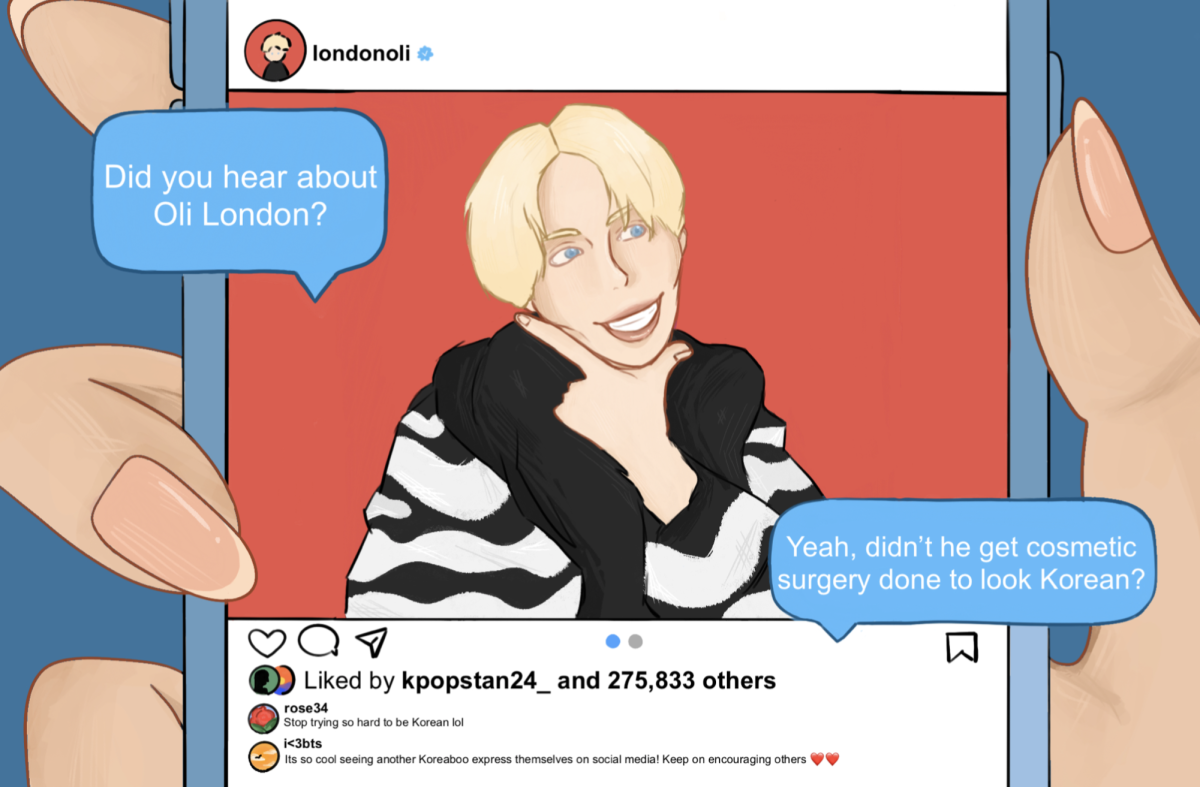
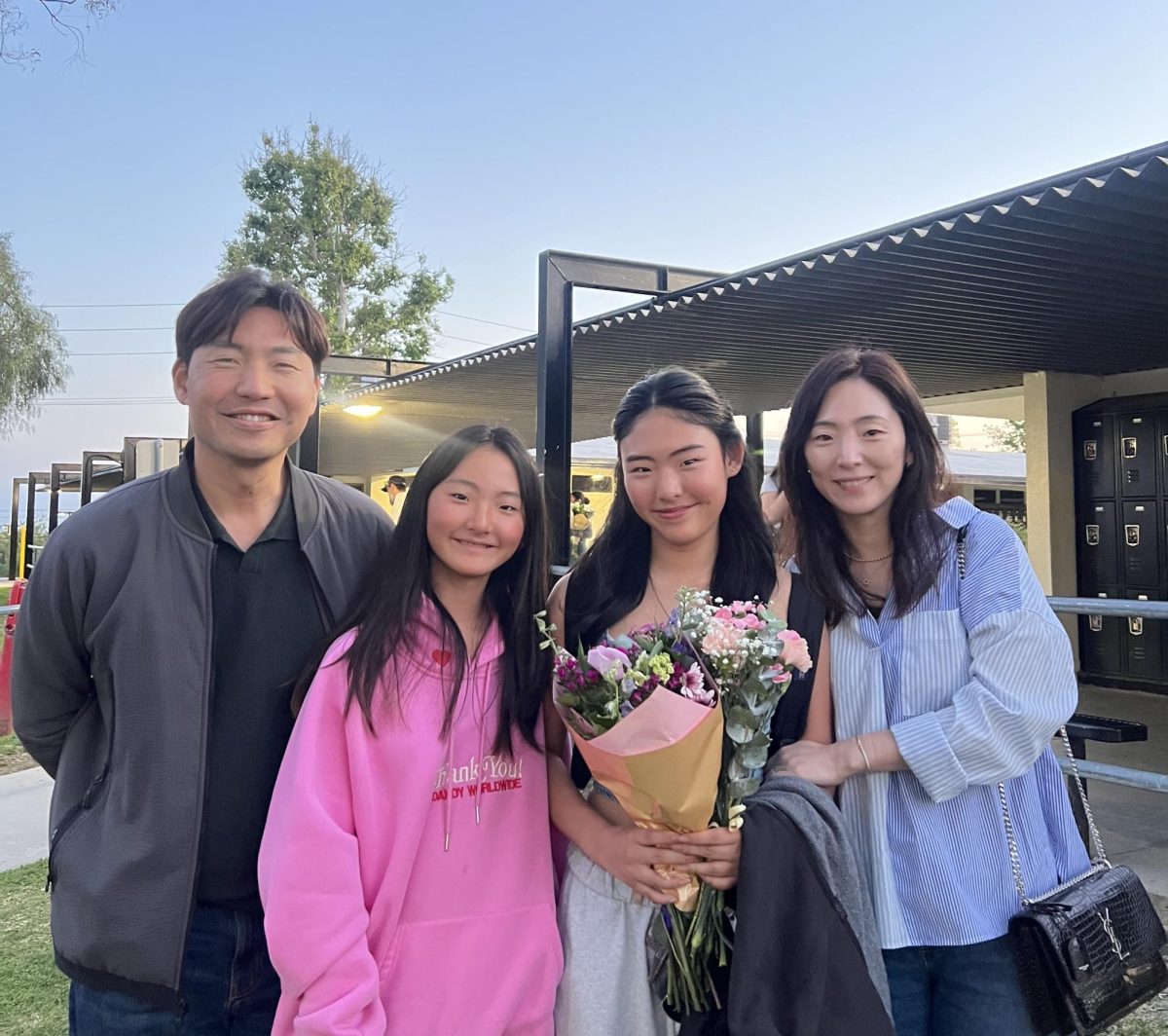

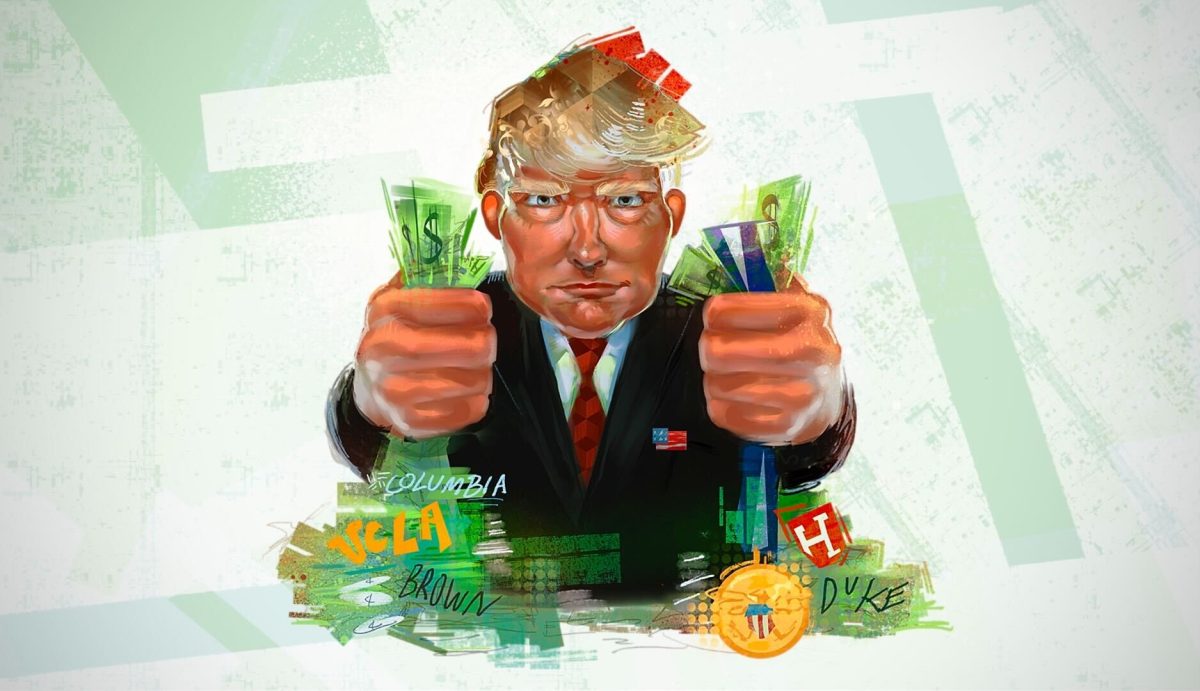

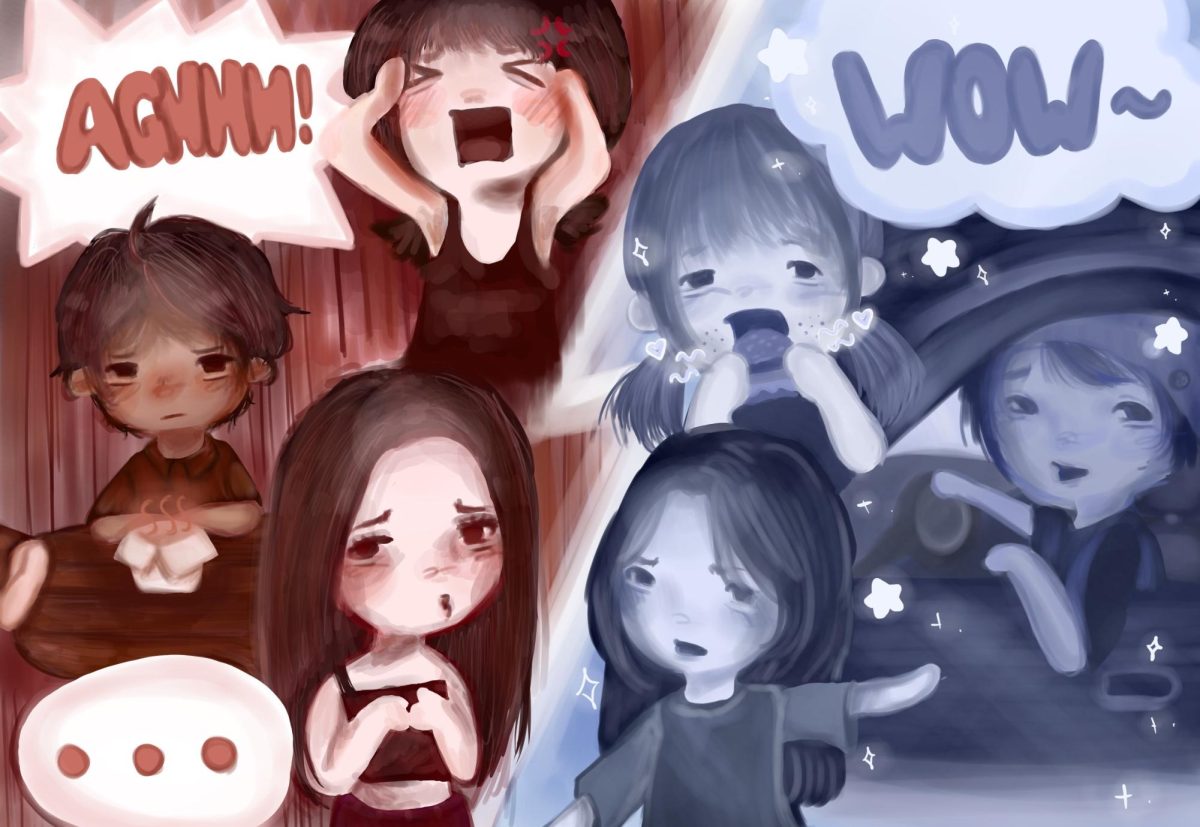
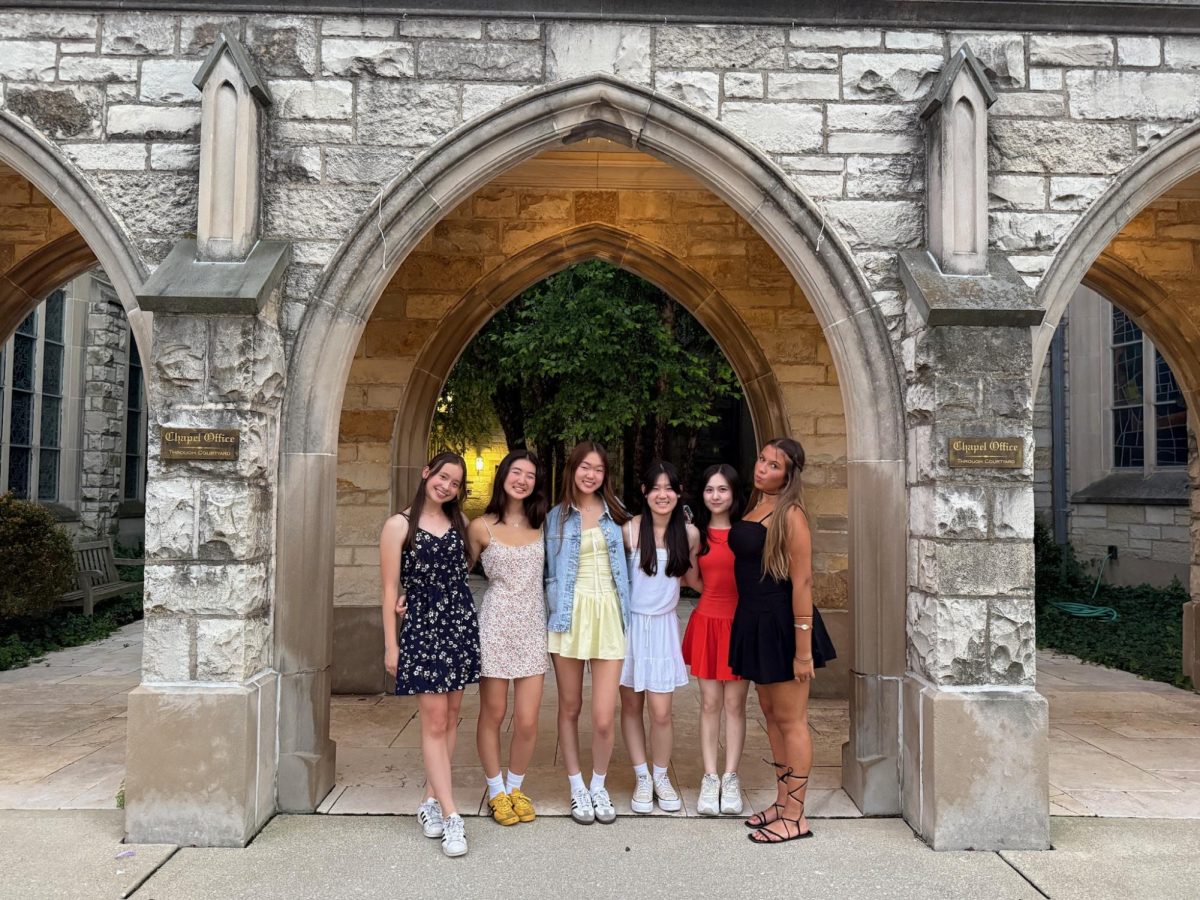
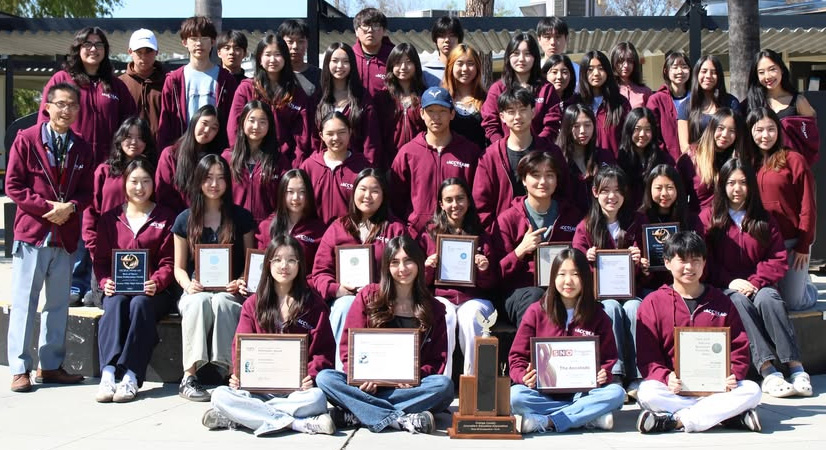

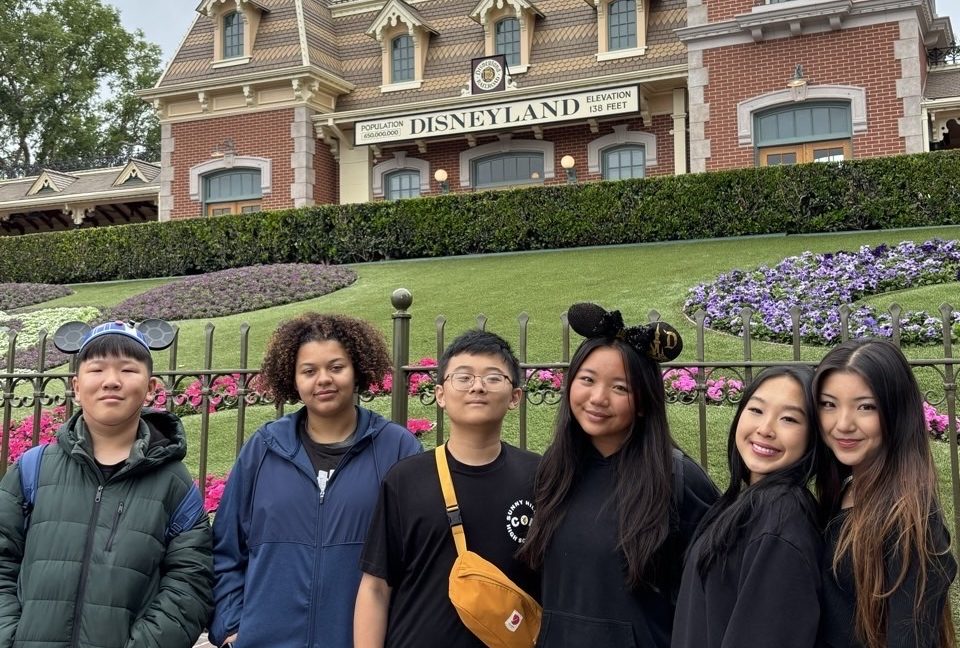


GMc • Sep 20, 2023 at 8:52 am
I concur. This synopsis reveals what many, particularly me, thought, but did not have the courage to reveal. Some aspects of the culture are mirrored negatives of ourselves, as glaringly, displayed with beauty and lux consumption.